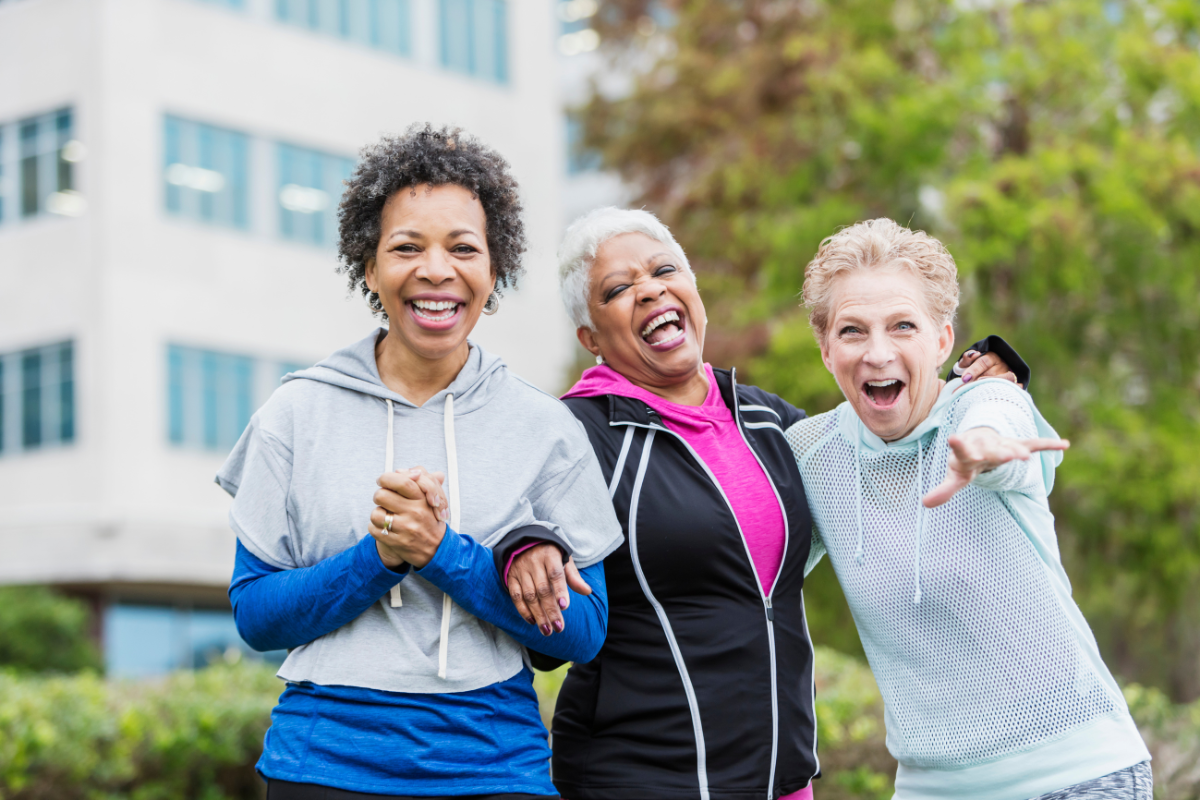Aging is a natural process that brings about a multitude of changes in our bodies. While we cannot completely defy the sands of time, we can certainly slow down its effects and improve our overall quality of life through regular exercise. The importance of working out as you age cannot be overstated. It is a key factor in maintaining physical health, mental well-being, and a vibrant, fulfilling life. In this article, we will delve into the myriad benefits of staying active as you grow older.
- Physical Health
a. Muscle Mass and Strength: As we age, there is a natural decline in muscle mass and strength, which can lead to frailty and a loss of independence. Regular exercise, particularly strength training, can help preserve muscle mass and increase strength, making daily tasks easier and reducing the risk of falls and injuries.
b. Bone Health: Osteoporosis, a condition characterized by weak and brittle bones, is more common in older adults, especially women. Weight-bearing exercises like walking, jogging, or resistance training can help maintain bone density and reduce the risk of fractures.
c. Cardiovascular Health: Exercise is a potent ally in maintaining heart health. It helps lower blood pressure, reduce cholesterol levels, and improve overall cardiovascular function, reducing the risk of heart disease and stroke.
d. Weight Management: Aging often comes with a slower metabolism and an increased tendency to gain weight. Regular physical activity can help control body weight and promote a healthy body composition, reducing the risk of obesity-related conditions like diabetes.
- Cognitive Function
a. Brain Health: Exercise has been linked to improved cognitive function and a reduced risk of cognitive decline as we age. It promotes the release of neurotransmitters and growth factors that support brain health and can enhance memory, attention, and problem-solving skills.
b. Mood and Stress Management: Physical activity releases endorphins, which are natural mood lifters. It can help combat feelings of depression, anxiety, and stress that can become more prevalent with age.
c. Better Sleep: Regular exercise can improve sleep patterns and help combat insomnia, leading to more restful nights and better overall mental well-being.
- Enhanced Mobility and Independence
One of the most significant concerns for older individuals is the loss of mobility and independence. Staying active helps maintain flexibility and range of motion, making it easier to perform daily activities, from dressing and cooking to simply getting out of bed. This, in turn, can contribute to a higher quality of life and a sense of autonomy.
- Social Interaction
Exercise doesn’t have to be a solitary activity. Group fitness classes, walking clubs, or sports leagues for seniors provide opportunities for social interaction and the development of meaningful relationships. Maintaining a social network is essential for mental and emotional health.
- Longevity
Studies have consistently shown that regular exercise is associated with a longer, healthier life. By reducing the risk of chronic diseases, enhancing physical and mental well-being, and promoting overall vitality, staying active can contribute to a longer lifespan with a higher quality of life.
The importance of working out as you age cannot be emphasized enough. Exercise is not just about looking good; it’s about feeling good and enjoying a full, active life well into your golden years. It’s never too late to start incorporating physical activity into your daily routine. Consult with a healthcare professional before beginning any new exercise program, and consider seeking guidance from a certified fitness trainer who specializes in working with older adults. Remember, the key is to find activities you enjoy and can sustain over time. By making exercise a lifelong habit, you can reap the countless physical and mental benefits it offers and age gracefully with vitality and vigor.

